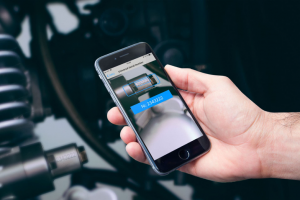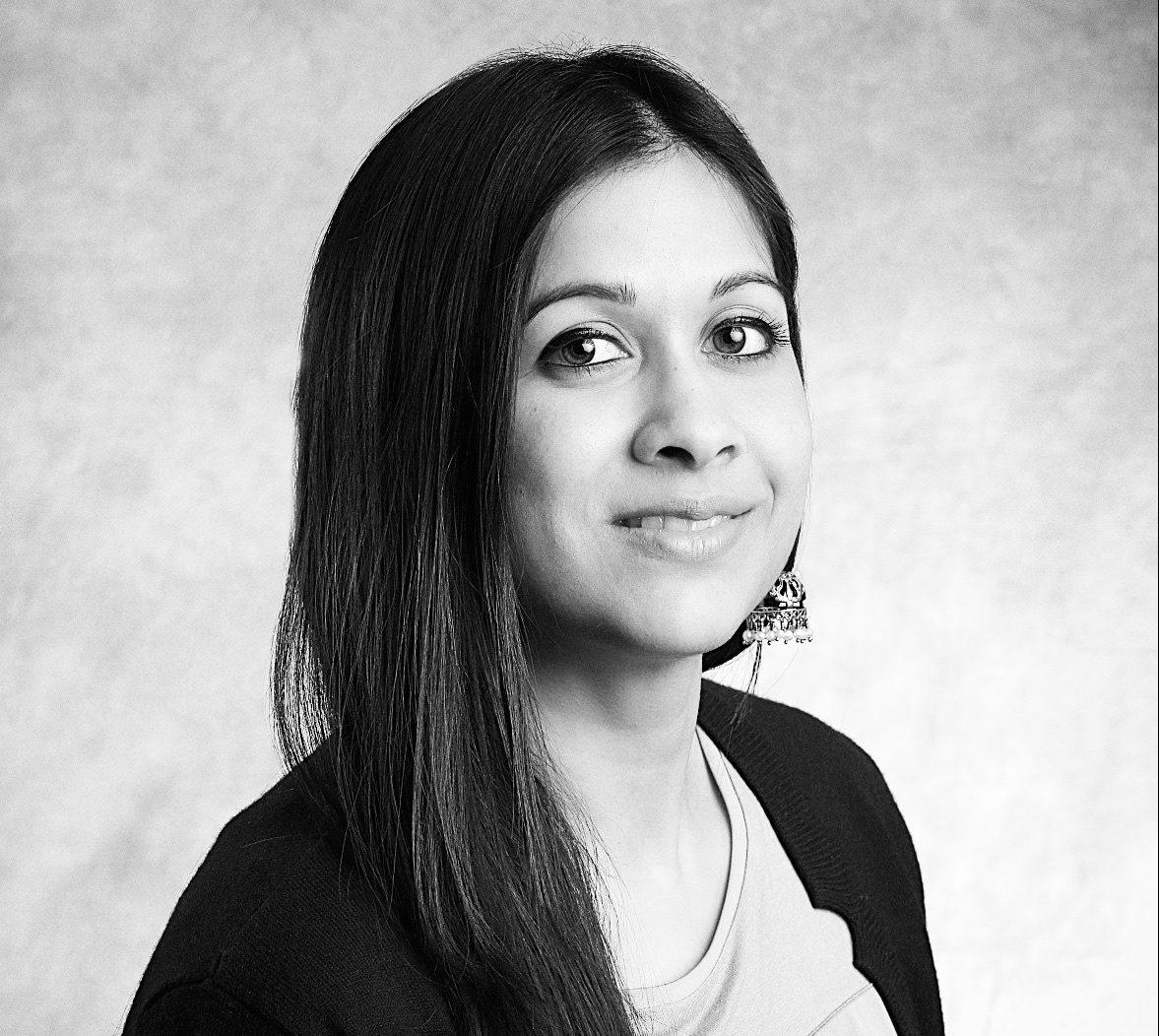We caught up with Rasika Krishna-Schmid, VP of Product at Anyline, to talk all things from the growing demand for contactless data capture tech, to how their product is being used for humanitarian efforts in third world countries…
Tell us about Anyline
The easiest way to explain what we do is that Anyline is like Ctrl+C, but for real life. Our tech makes data capture simple, so people and companies can work faster and smarter.
Anyline enables you to scan things like IDs, license plates, serial numbers, documents and much more, with any mobile device. It can be easily integrated into apps, websites or other platforms, and will run on dozens of different devices, from smartphones to tablets or even drones!
Our solutions are used by companies around the world for many different tasks. We help banks register new clients in minutes by letting people safely scan their passports with their own smartphones for verification. We help homeowners manage their energy use by letting them scan their own utility meters at home.
We even help police to identify people, property and vehicles in seconds with just their phone. This gives officers back time normally lost on paperwork, which they can spend protecting their communities. These are just a few examples, but you can see how many applications there are for Anyline in everyday life.

What was the initial idea behind the company?
Like many innovative tech companies, Anyline actually started as a pivot! The founders had an app development agency, and they were working with a great company called mysugr. Mysugr helps “make diabetes suck less” by enabling people to track their blood glucose level through an app.
What mysugr wanted was a fast and accurate way for users to record the results of common digital blood glucose meters with their own smartphones.
The solution created was our first simple OCR scanner, which read the numbers perfectly.
After this, it became clear that this technology had huge potential for other uses, and soon Anyline was developing dozens of other solutions.
More from Interviews
- Inside Mobile Payments with Bojoko’s Ville Saari
- Meet Steve Haskew, Group Director of Sustainability and Growth At Circular Computing
- A Chat with Hakob Astabatsyan, CEO and Co-Founder of Synthflow AI
- Meet Ernesto Suarez, CEO at Travel Insurance Provider: Gigasure
- Under Pressure and On the Clock: Gurhan Kiziloz’s Nexus International to Hit $1.45B Revenue in 2025
- Daisy Ip of InvestHK: Why Hong Kong Continues To Grow In Popularity Amongst UK Fintech Startups
- A Chat with AJ Balance, Chief Product Officer at Grindr
- A Chat with Jennifer Cohen Solal, CEO and Co-Founder at Private Sales Platform: Hushday
How has the need for Anyline evolved during the pandemic?
There is a huge demand right now for contactless technology which can make it safer for businesses to operate, and for countries to control the spread of the virus.
For example, our tech is being used to securely check IDs outside supermarkets so that people can be contacted in case of an infection. And with the huge increase in online shopping, there are also dozens of other use cases for Anyline in the retail sector, from checking stock levels, prices and expiry dates, to ensuring deliveries are made correctly.
As mentioned, many police forces are using Anyline in their daily work. Our tech is being used right now at the land borders in Germany and Austria, where officers are able to efficiently record who is entering the country by scanning their vehicle license plates and passports.
It’s even being used for humanitarian work. In South Africa, our partners Inspired Change Solutions are using our scanning solutions to simplify the distribution of food aid in many townships. By checking IDs of recipients, they can ensure that those in need receive the food they need.
What can we hope to see from Anyline in the future?
We are working to make it easier and faster to develop new scanning solutions for our clients in the future. A big part of this will be our Anyline Trainer, a platform where users will be able to upload data of what they would like to scan, and develop their own solution.
This is a huge innovation, because normally doing this would take weeks or months of development, and also require a high level of expertise in technical expertise. With the Trainer, we want to make the benefits of artificial intelligence accessible to everyone, within hours, and without any machine learning skills.



